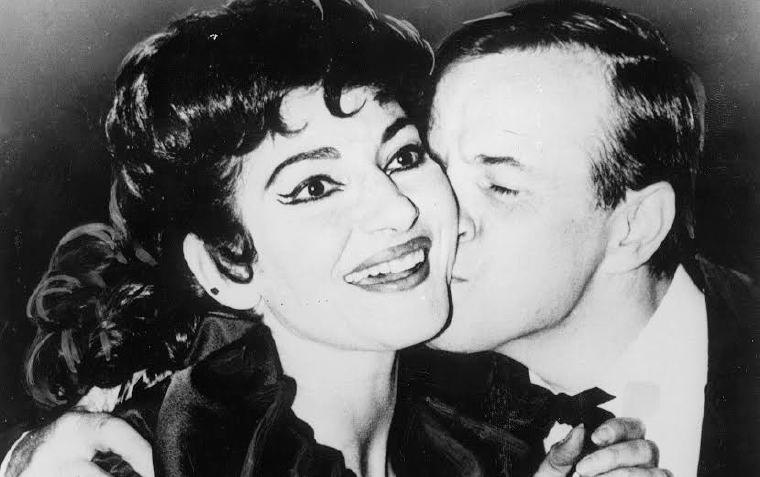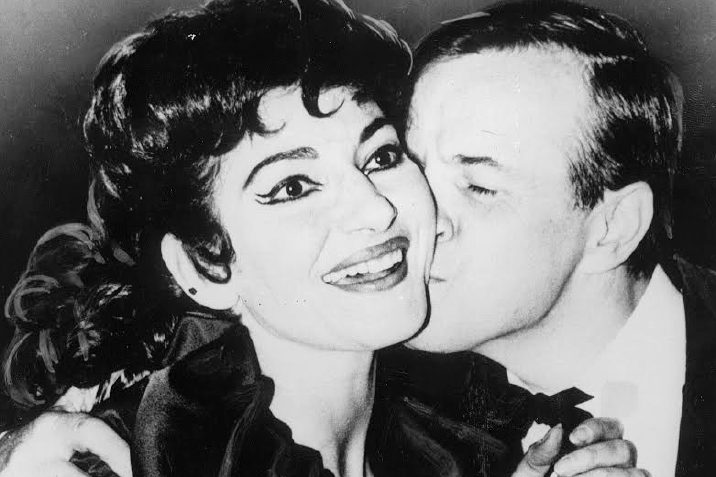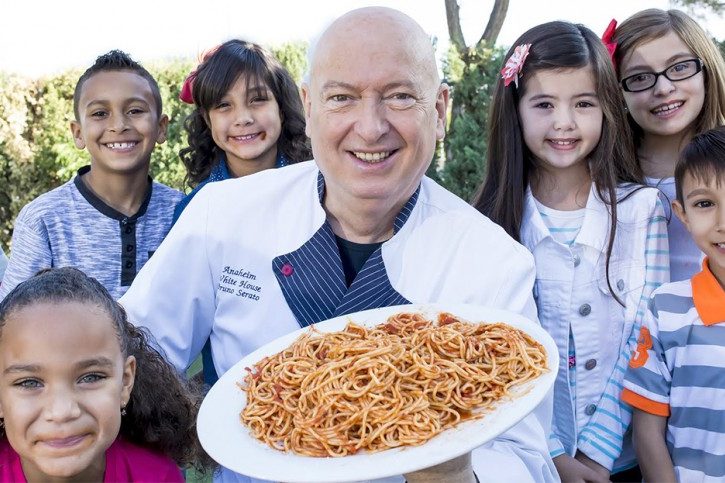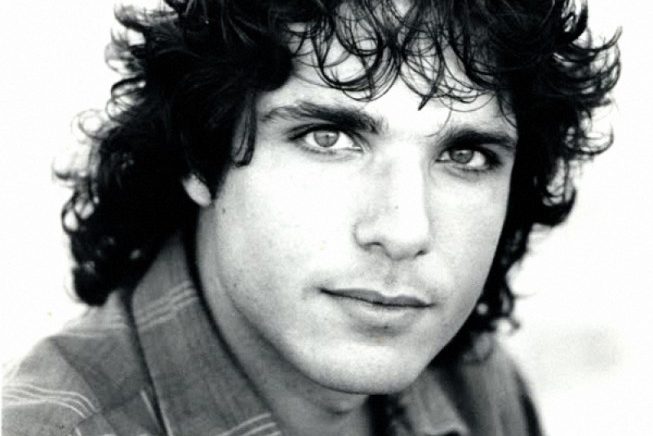His artistic legacy is invaluable, representing the highest and purest form of art: films and theater shows that deeply move the human heart with an introspective research to bring characters to life, as well as uniquely beautiful and personal interpretations of the greatest operas, which have consecrated those music compositions to eternity.
Franco Zeffirelli was born in Florence in 1923 and, after graduating from the local School of Fine Arts, he began his career in the film industry as an assistant director first, working with artists the likes of Visconti, Rossellini, Antonioni, and De Sica. In 1968, he obtained his first Academy Award nomination as Best Director for Romeo and Juliet. Among his productions are also Il giovane Toscanini (1988), Storia di una Capinera (1993), Un tè con Mussolini (1999), Callas Forever (2002), Omaggio a Roma (2009), and the 6-episode TV colossal Gesù di Nazareth (1977), starring Robert Powell.
Since the 1950s until the present day, Zeffirelli’s mark can be also and mostly found in major opera theaters worldwide as a guarantee of quality, elegance, and respect for both the music and the artists. Toscanini, Giulini, Kleiber, Prêtre, Levine, and Bernstein are just some of the conductors he collaborated with, in order to realize unforgettable masterpieces, featuring legendary singers such as Maria Callas, Renata Tebaldi, Joan Sutherland, Renato Bruson, Placido Domingo, and Luciano Pavarotti, just to name a few.
Zeffirelli’s entire legacy will soon be on display in Florence’s former Court building, which will host a permanent exhibition of his historic archive and library. The museum will showcase pieces from the director’s private collection, and it will also include an international school of arts. While waiting for the grand opening, I had the honor to interview the Maestro, who has been awarded the title of Grand’Ufficiale, Order of Merit of the Italian Republic as well as of Cavaliere Commendatore, Order of the British Empire.
What memories do you have of your debut as an Opera director?
I’ve only wonderful memories. Sometimes I had to deal with whimsical and ambitious singers but in the end of the day, this job has given me great joy. It’s the game that we play in the show business: solving problems, witnessing to dramas and comedies. Rossini, Donizetti, Verdi, and Wagner incorporated in their music all possible human emotions. This is exactly why I’ve always had a fascination with the Opera. Since a very young age, I’ve had the opportunity to go to theater, as my uncle was also an excellent baritone and my whole family was passionate about opera.
How much does your staging combine religious and moral components?
Lyric operas usually end up with tragedies, as characters lose their mind or their life, and it is necessary to show their lingering regret. Then there was also an atheist time that later run out, leaving space to glorious stories based on the moral preaching: “Sinners will pay for their sins.”
Callas Forever is a movie that you directed in 2002, dedicated to the artist who radically changed the world of Opera. But what’s left today of Maria Callas’ legend?
Maria’s voice was pure love, a clear memory lost in the distance and yet always with us. Her legacy to the world is made of unmatchable performances, and still today artists and directors look at her with sentiment and regret. When I was just a young man, I was so in love with her that I would do anything she asked. She performed in the greatest masterpieces, in which music was an essential part of life and even life itself.
Do you have a special relationship with any other artists?
Only smart women are in my heart. Dreaming of making love with all of them was legitimate and inevitable: one night Maria Callas was on stage, the following night it was Maria Caniglia. The female voice is enchanting with its magic language: it’s a very important gift from God. Being a public figure, a singer can lack intelligence or culture but when they sing in such an extraordinary fashion, they belong to some place out of this world.
Placido Domingo will conduct Pagliacci by Ruggero Leoncavallo, based on your previous representation of 1996, at the L.A. Opera from September 12 through October 3, 2015. Any thoughts on this?
I’ve beautiful memories of Placido Domingo, and I’d like to replicate them all every time. In particular, Pagliacci featured an excellent Domingo, whose character Canio has the power to decide for other people’s life or death, and Leoncavallo’s brilliant music gave even more strength to his performance. The whole music and sound structure of Pagliacci is a masterpiece. I am sure that it has been completely preserved this time as well.
American filmmaker Woody Allen will direct Giacomo Puccini’s opera Gianni Schicchi, to be staged alongside Pagliacci in L.A. What do you think of this choice?
I’ve never seen Woody Allen’s shows and I’d like to offer a critique that is both positive and negative at the same time. In general, I’m interested in his way of directing the artists on stage, but I can’t really understand his irony. Anyways, he surely is a talented artist.
What is your opinion on the widespread trend of modernizing many operas?
If the result is a pleasant and high quality show, then it’s fine. Some operas like La Traviata can be easily adapted to a modern setting and interpretation. Nevertheless, most of the operas turn into very bad performances, which should definitely be reconsidered. I believe that the main issue regards contemporary critics, who are constantly looking for something new, something different. Well, as far as the Opera is concerned, different doesn’t really work. There’s no life without music. We may all wish to travel back in time, when great operas were composed, in order to enjoy more and new stories, but we shouldn’t forget that not all of them deserve such a music adaptation.






























